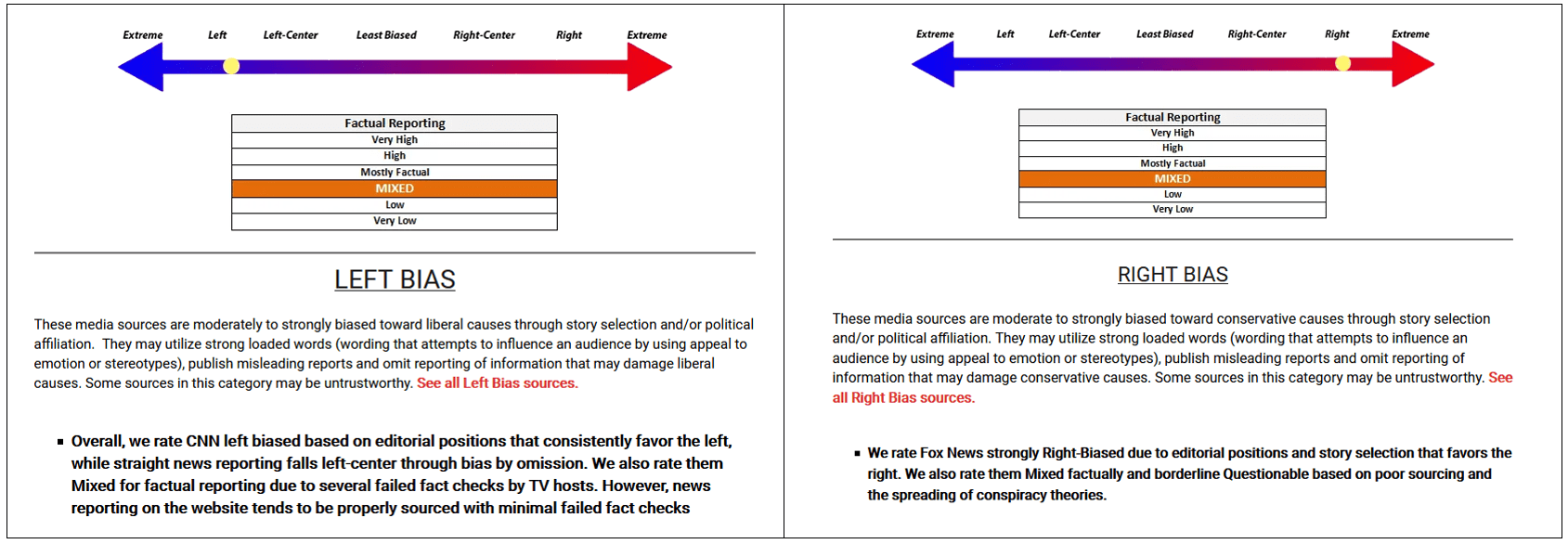Reply To: Thoughtful REACTionS to The Day: Framing Inquiry-based Learning
Home › Forums › Inquiry and resource design › Thoughtful REACTionS to The Day: Framing Inquiry-based Learning › Reply To: Thoughtful REACTionS to The Day: Framing Inquiry-based Learning
Following our presentation – Thoughtful REACTionS to The Day: Framing Inquiry-based Learning, which may be downloaded from here – at Real-World Learning Live!, we have two further opportunities for thoughtful reactions to The Day.
Firstly, Richard Addis, Founder and Editor of The Day, has asked us the following questions for a LinkedIn article:
- What is inquiry-based learning?
- Why is it so important?
- What is the FOSIL Group’s theory on how we develop young people’s thinking skills?
- What is your view on how we teach young people to think more critically about world issues?
- How can teachers apply inquiry-based learning when using The Day in the classroom?
Barbara has drafted our answers and will post them in due course.
Secondly, I have drafted the following questions to put to Richard for a FOSIL Group Forum post:
—
Question 1
Our working definition of inquiry is a stance of wonder and puzzlement that gives rise to a dynamic process of coming to know and understand the world and ourselves in it as the basis for responsible participation in community.
This dynamic process of making sense of the world from information about the world is a learning process.
The IFLA School Library Guidelines frame learning through inquiry and advocate for the effective development of media and information literacy (MIL) skills within a chosen model of the inquiry learning process.
Question: How would you define news in relation media?
—
Question 2
The Day is both “news to open minds” and explanation of the news.
More broadly, this creates an apparent tension between factuality of reporting and commentary, in that commentary heightens awareness of editorial point of view, bias, propaganda, etc. An interesting example of this is CNN’s Brianna Keilar claiming that Fox is not news no matter what it calls itself, which, according to Media Bias/Fact Check (which itself is by no means infallible), might be a case of the pot calling the kettle black.
CNN according to Media Bias/Fact Check and Fox News according to Media Bias/Fact Check

Question: How does The Day manage this apparent tension?
—
Question 3
More specifically, there is an apparent tension between telling children what to think and provoking/ encouraging/ developing independent thought. This likely accounts for recent instructional design decisions relating to the format of The Day that make the inquiry learning process visually explicit, and so encourage an inquiry-based pedagogical approach.
Question: What was the motivation for these instructional design changes, and what are the desired outcomes, which may be subtly different?


